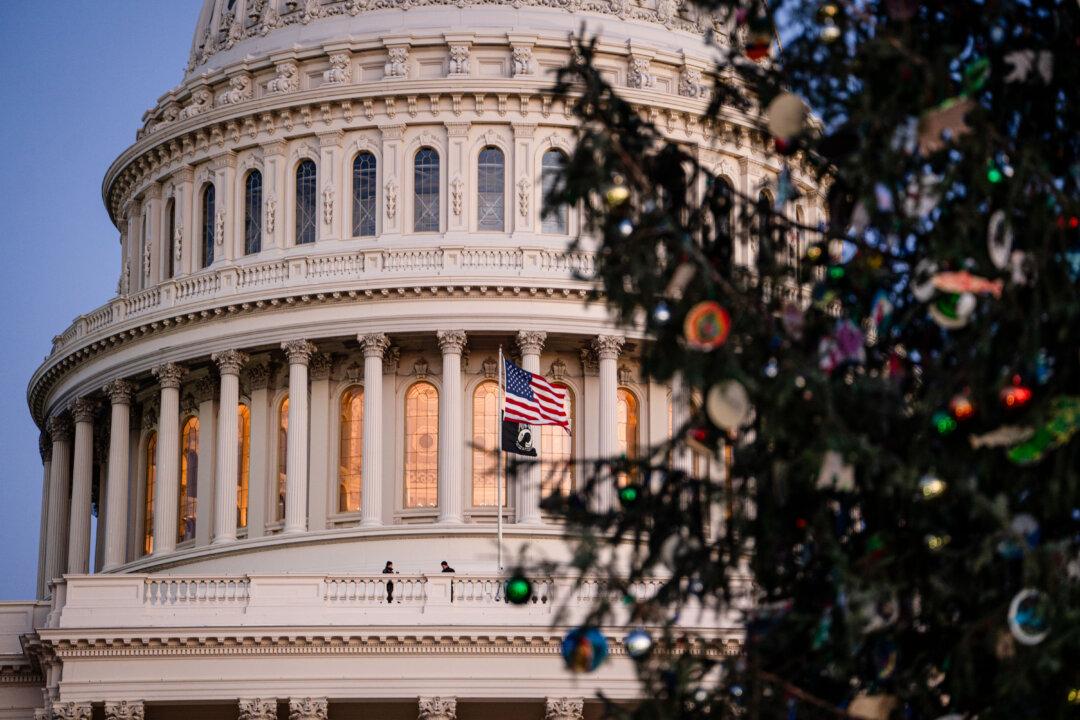The Republican-led House of Representatives approved a bill on Dec. 12 to expand the number of seats in the federal judiciary.
The bill, known as the Judicial Understaffing Delays Getting Emergencies Solved (JUDGES) Act of 2024, would add 66 district court judgeships nationwide.





